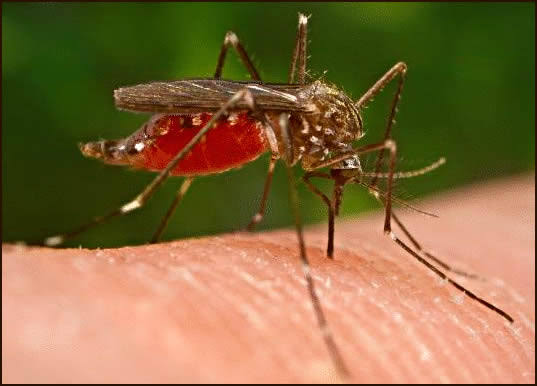Despite global progress against malaria, Nigeria continues to grapple with high infection rates and death tolls, raising questions about its ability to achieve malaria-free status like Egypt, Algeria, Cape Verde, and Mauritius.
Nigeria faces unique challenges in this battle, with its tropical climate and large population contributing to nearly 30% of global malaria cases and an estimated 194,000 annual deaths, according to the World Health Organization (WHO). The burden is felt deeply in rural communities, where limited healthcare access and inconsistent prevention measures exacerbate the disease’s impact.
For many Nigerians like farmer Peter Zaka, malaria is a constant threat to family health and finances. Zaka, who has lost two children to the disease in recent years, said, “We try to protect ourselves with mosquito nets, but sometimes we can’t afford replacements.” Similar stories of struggle are common across the nation, especially in underserved areas where the prevalence of malaria is highest.
Regional disparities also highlight the need for localized interventions. In northern states such as Sokoto, malaria surges during the rainy season, straining families and healthcare resources. Despite the distribution of insecticide-treated nets (ITNs), factors like economic constraints, cultural beliefs, and lack of consistent usage hinder their effectiveness. Misconceptions about ITNs and discomfort with using them in humid regions add further barriers.
A recent Nigeria Demographic and Health Survey (NDHS) indicated some progress in ITN ownership in rural areas, but usage remains inconsistent, with challenges like affordability and awareness persisting.
Health Minister Prof. Ali Pate has called for a strategic overhaul, acknowledging that Nigeria still battles a high malaria burden despite decades of effort. Meeting with malaria partners, he stressed the need for urgent, innovative solutions, citing Nigeria’s annual toll of 68 million malaria cases and 194,000 deaths.
Dr. Adekunle Charles, CEO of the RBM Partnership to End Malaria, echoed the need for innovation, suggesting that traditional methods alone are insufficient for elimination. “New approaches and cross-sector partnerships are essential,” he said, advocating for gender-responsive solutions and the empowerment of community leaders.
Experts like Dr. Olayinka Umar-Farouk from Breakthrough ACTION Nigeria suggest bolstering community engagement, expanding ITN distribution, and enhancing surveillance systems to monitor resistance and track malaria trends. Targeted interventions tailored to Nigeria’s regional needs, along with increased resources, could help curb the disease’s impact.
For Nigeria to reach malaria-free status, it must combine international best practices with a custom approach suited to its demographic and economic realities. With focused and collaborative efforts among governments, private sectors, and international partners, Nigeria has the potential to reduce malaria’s grip, improving quality of life for millions and setting an example for other endemic nations.


